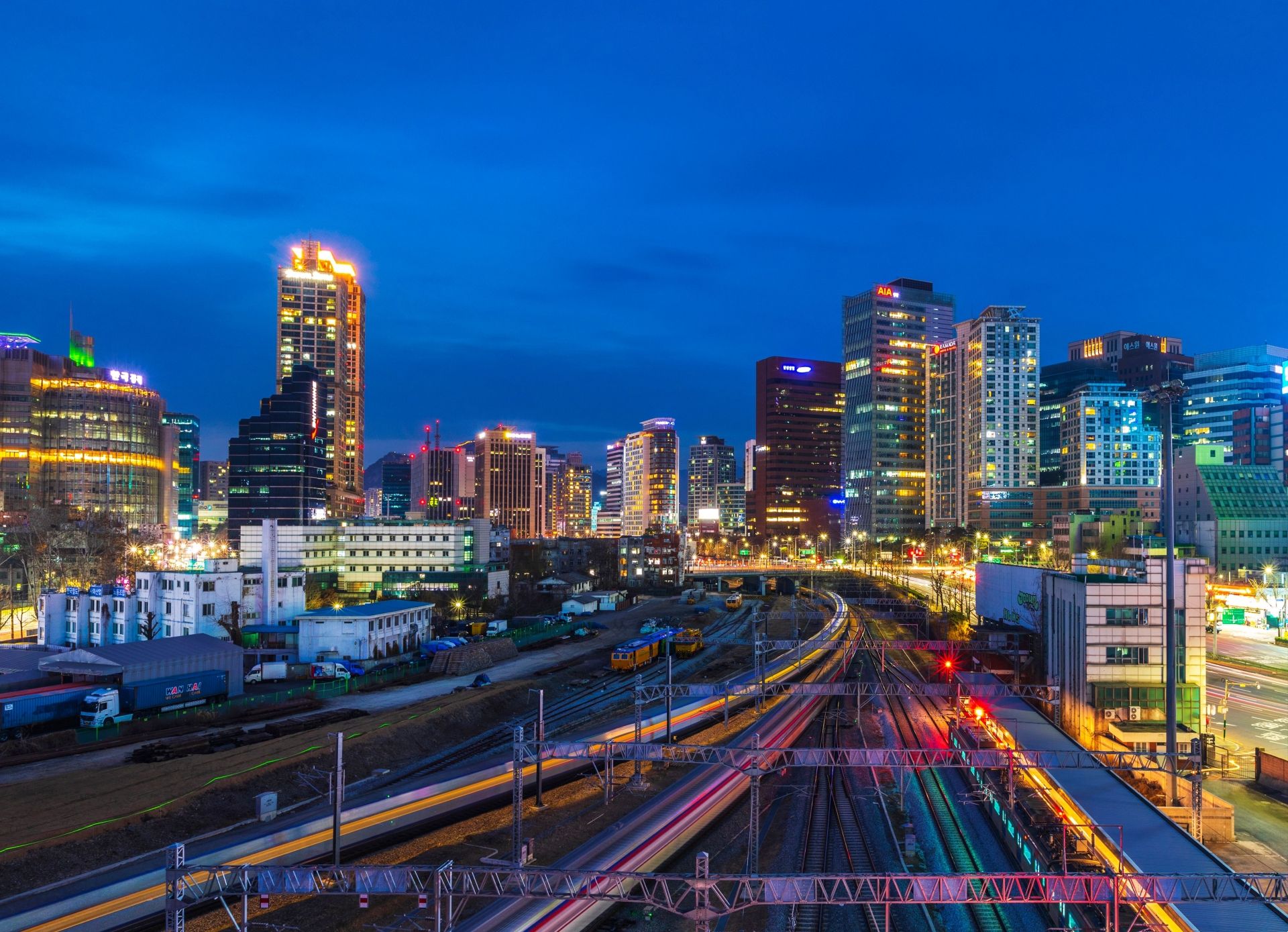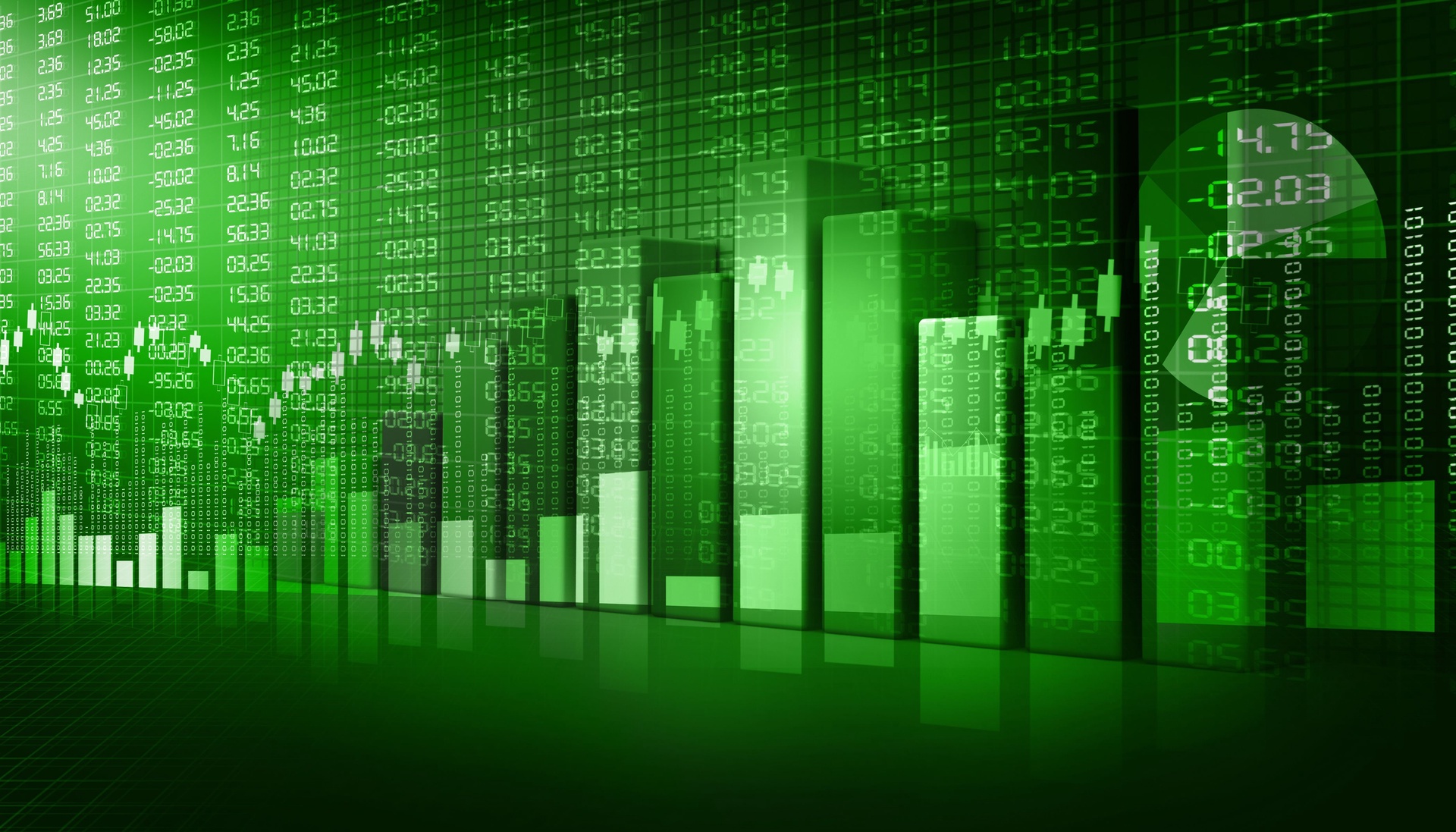Perhaps overshadowed by the gruesome images of innocent people getting killed by Russian bombs in Ukraine, the imposition by the European Union of a carbon tax on all exports to Europe received little media coverage this past week – effectively glossing over the significance of this development for Asian supply chains.
Depending on how Asian governments and corporates respond to or comply with the new EU carbon tax, there is likely to be substantial changes in existing supply chains between Asia and Europe.
On the political front, the announcement of the carbon tax, which came in a tweet from French President Emmanuel Macron, can start a new conflict in the form of a trade war between EU and Asian countries most of whom see the EU carbon tax as protectionist.
On the trade front, the carbon tax, also known as the EU carbon border adjustment mechanism or the EU CBAM, will not take effect until January 2026. But Asian corporates who export to the EU will have to scramble in order to prepare their internal sustainability mechanisms on time. Initially, the EU carbon tax will apply to goods with high carbon leakage risk, such as steel, iron, cement, fertilizers, aluminium and electricity production.
Although there will be long-term benefits, in the near- to medium-term preparing to comply with the EU carbon tax will involve a lot of extra work (in, for example, technical, logistical, industrial and supply chain areas) and costs for Asian exporters to the EU at a time when the global economy is facing very challenging times from rising inflation, the impact of Covid-19, and the Russia-Ukraine war.
When the tax is fully implemented EU importers and non-EU producers (aka Asian exporters) will be required to pay an estimated €75 (US$83) per metric ton of carbon-dioxide emissions. This could increase the cost of materials made by more carbon-intensive producers, such as China, Russia and India, by 15% to 30% overnight. And the effect will increase during subsequent years. The tax rate is projected to approach €100 per metric ton by 2030, and more products will likely fall within its scope at that point, according to a BCG Group paper published on October 2021.
“Companies have to measure their current emissions and carbon tax exposure across their supply chains and product lines, develop a resilient carbon strategy playbook, and identify opportunities to turn the climate challenge into a source of competitive advantage,” says the BCG study. “And they should engage with EU decision-makers to help shape the future of climate policy.”
China, India, Indonesia and Japan
Among the Asian countries that are opposed to the EU carbon tax are China, India, Indonesia and Japan, according to a recent study by Konrad Adenauer Stiftung (KAS), a German government political foundation.
China, which had earlier planned to implement its own carbon tax in 2013, but scrapped the plan in favour of an emissions trading system, is likely to be most affected by the EU carbon tax. Official data showed China’s trade with the EU in 2021 amounted to US$828.1 billion, up 27.5% year on year. China is the EU’s largest trading partner, while the EU is China's second-largest.
India also sees the EU carbon tax as protectionist, discriminatory towards developing countries, and contrary to international laws and agreements. The EU is India’s biggest trading partner, and although the EU’s share of Indian exports declined from 18% in 2001 to 14% in 2020, there was growth in the absolute value of shipments. India's exports to the European trade bloc have amounted to US$45 billion since 2011, rising from the total of US$8.1 billion reached in 2001, according to official data.
Indonesia also opposes the EU tax because of an ongoing conflict with the EU over palm exports, which are considered to be highly destructive to natural forests. The EU is the second-largest export market for Indonesian palm oil, importing around five million tons of the key Nutella ingredient each year, according to official data.
In Japan, the steel industry, which is very influential in Japan, has already begun opposing the EU tax and will likely continue to do so. Companies in Japan will view their implicit carbon prices as making up for the low carbon tax and will seek equivalence with the EU carbon price.
“Transparency is important for Japan,” according to the KAS study, “as the country has a different method of calculating emissions levels than the EU, and stakeholders are concerned about fairness.”









